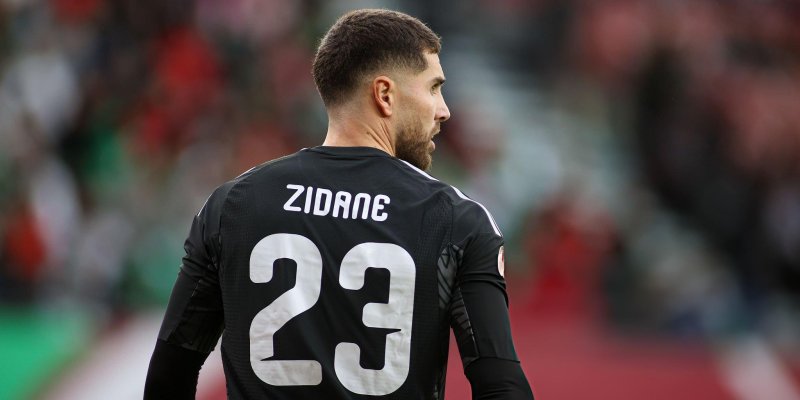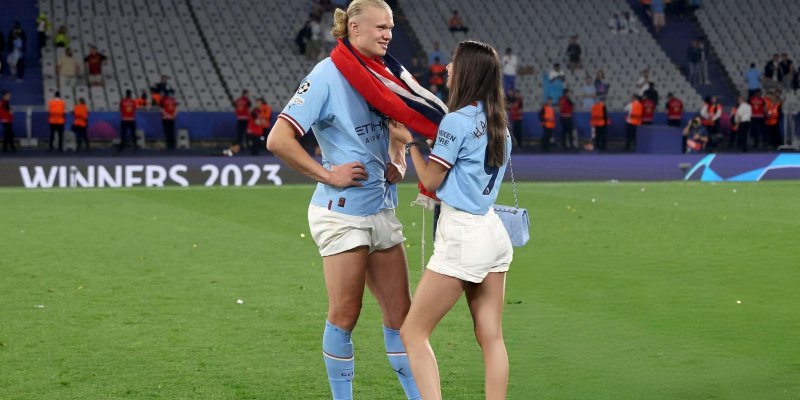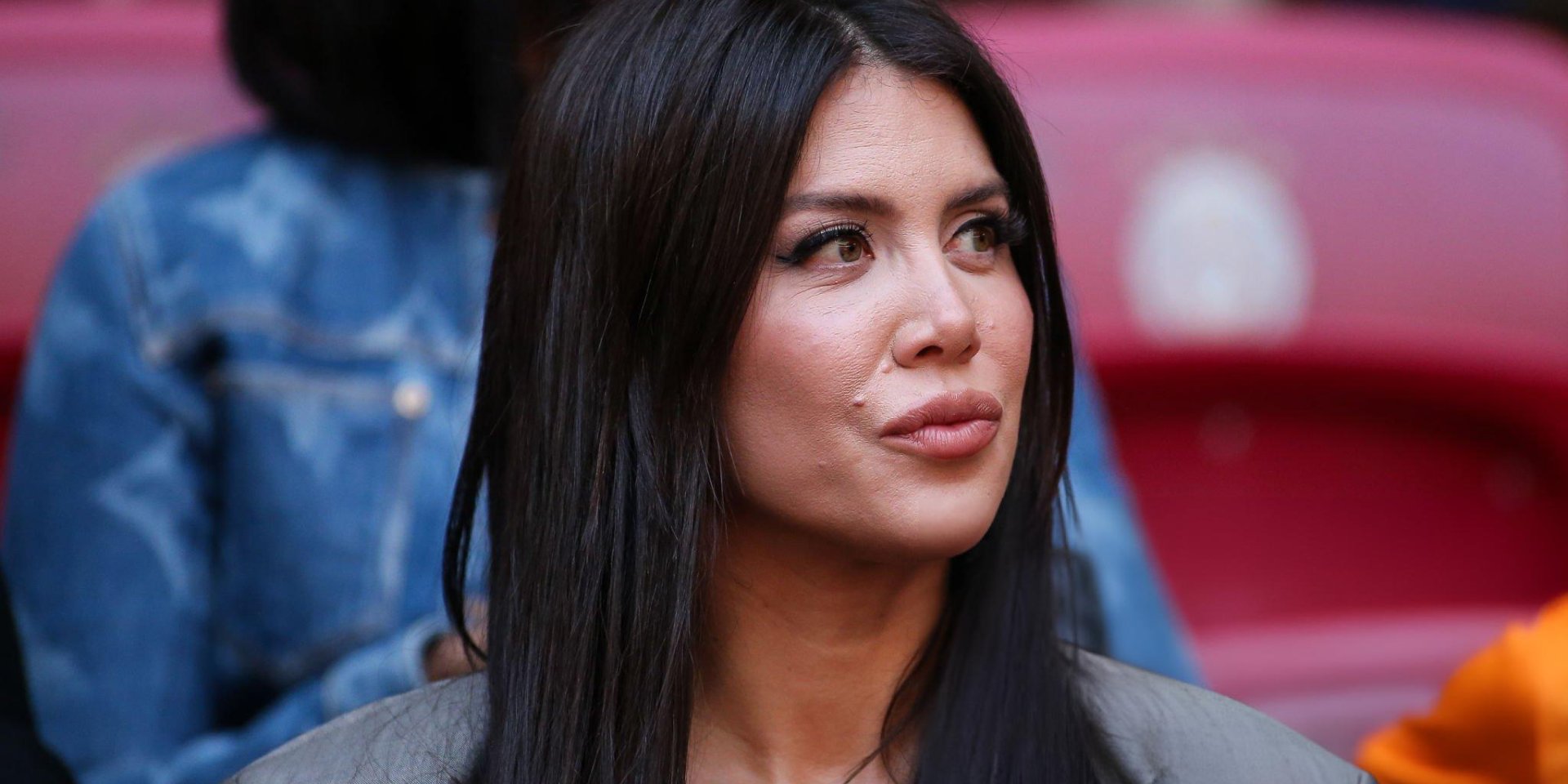
In a candid conversation on La Divina Noche de Dante (El Trece), Wanda Nara for the first time described in detail how she lived through the breakup with Galatasaray forward Mauro Icardi. She speaks about three difficult years, about trying to shield her children from unnecessary noise, and about why the image of a “proper” family from cartoons rarely matches reality.
A Three-Year Test of Endurance
— Wanda, when did you first realize the relationship couldn’t be saved?
— It didn’t happen in a day. There was a prolonged period, almost three years, during which I was essentially testing myself for endurance. I tried to fix what couldn’t be repaired; I shut the doors and windows against the draft of information so the children wouldn’t hear what they were too young to know. From the outside everything looked stable, but inside me there was a hard, exhausting clash between feelings and common sense.
Turkey: Life in a Different Culture
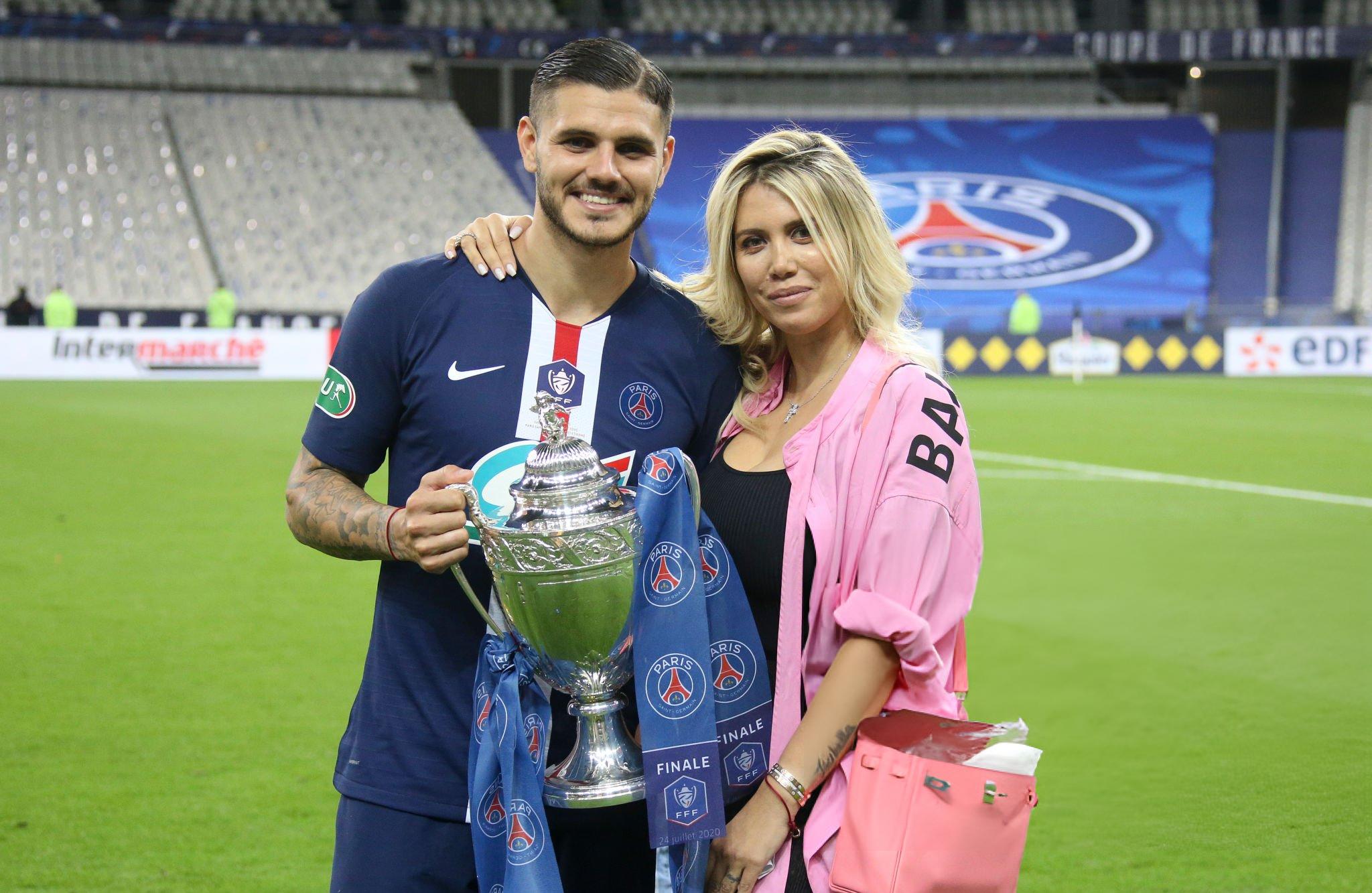
— Moving to Turkey is often presented as a romantic gesture. What was it really like?
— It was a deliberate step for us as a family and for Mauro’s career. But reality proved more complicated: a different culture, a new language environment, a different pace of life. I kept a straight face because I felt responsible — to the children, to the club where Mauro has his tasks, to the people who expected calm around the team. The pressure was serious, and most of the time I wasn’t thinking about myself, but about those I had to protect.
Guilt and the Myth of the “Cartoon Family”
— You’ve mentioned a feeling of guilt more than once. About what exactly?
— About the fact that by deciding to leave, I seemed to be depriving the children of the familiar “classic” model: mom, dad, home — like in beloved children’s cartoons where the ending is always predictable and happy. That was the most painful part. I grew up with a different example: my grandmother and grandfather had decades of marriage behind them. That image lives in me; that’s why “breaking the picture” felt almost like a crime.
“Our Children Are Different”: A New Mindset
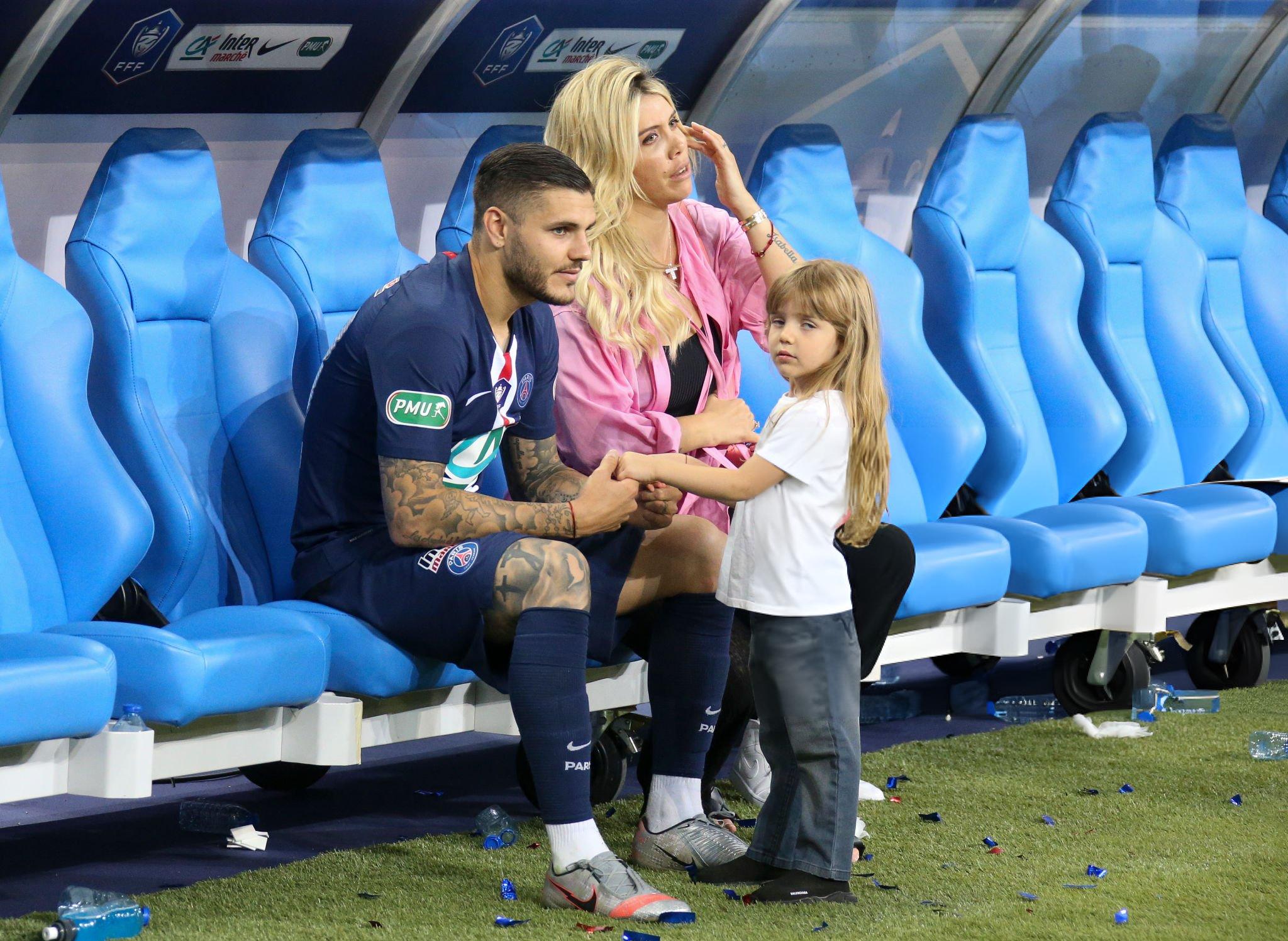
— How did the children react to the changes?
— They look at relationships and adulthood differently. They’re less afraid of change and don’t worship a single “right” model. Honesty and peace at home matter more to them than the appearance of a complete family at any cost. They ask direct questions and expect equally direct answers. That doesn’t make the decision easy for a mother, but it helps me understand: their mindset no longer comes from my own youth.
Balancing Home and the Locker Room
— It sounds like you constantly balanced the family’s interests with the club’s interests.
— That’s exactly how it was. I understood that any emotional surge around us would affect the footballer and, consequently, the team. Mauro has his season, his goals, his status as Galatasaray’s forward. So I tried to keep our private life in the shadows until the very end, so as not to make noise when focus on the pitch was needed.
What Remains After the Decision
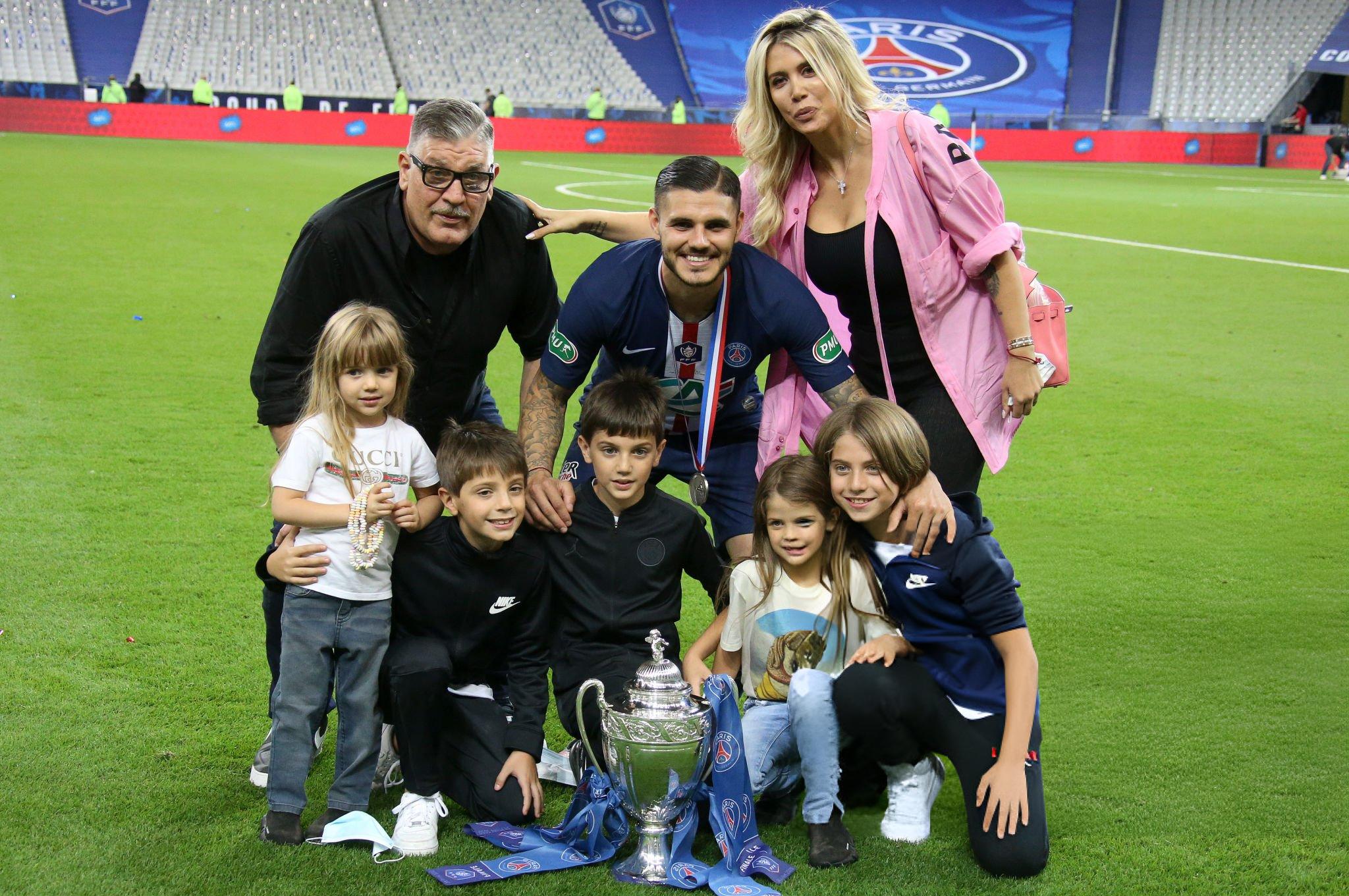
— If you boil the experience down to a single takeaway, what would it be?
— That a “perfect family” is not about form but content. Children sense sincerity faster than adults do. And if the atmosphere stops being healthy, it’s more honest to acknowledge it and rebuild life than to imitate harmony. Yes, it strikes at my own beliefs: inside me there still lives a faith in longevity — like my grandparents had. But my responsibility as a mother is not to hold up the façade, but to preserve calm and support for the children.
— Is it easier for you to talk about this today?
— Easier — no. More honest — yes. When you stop arguing with reality, order appears in your head. And that’s what children need most of all.

